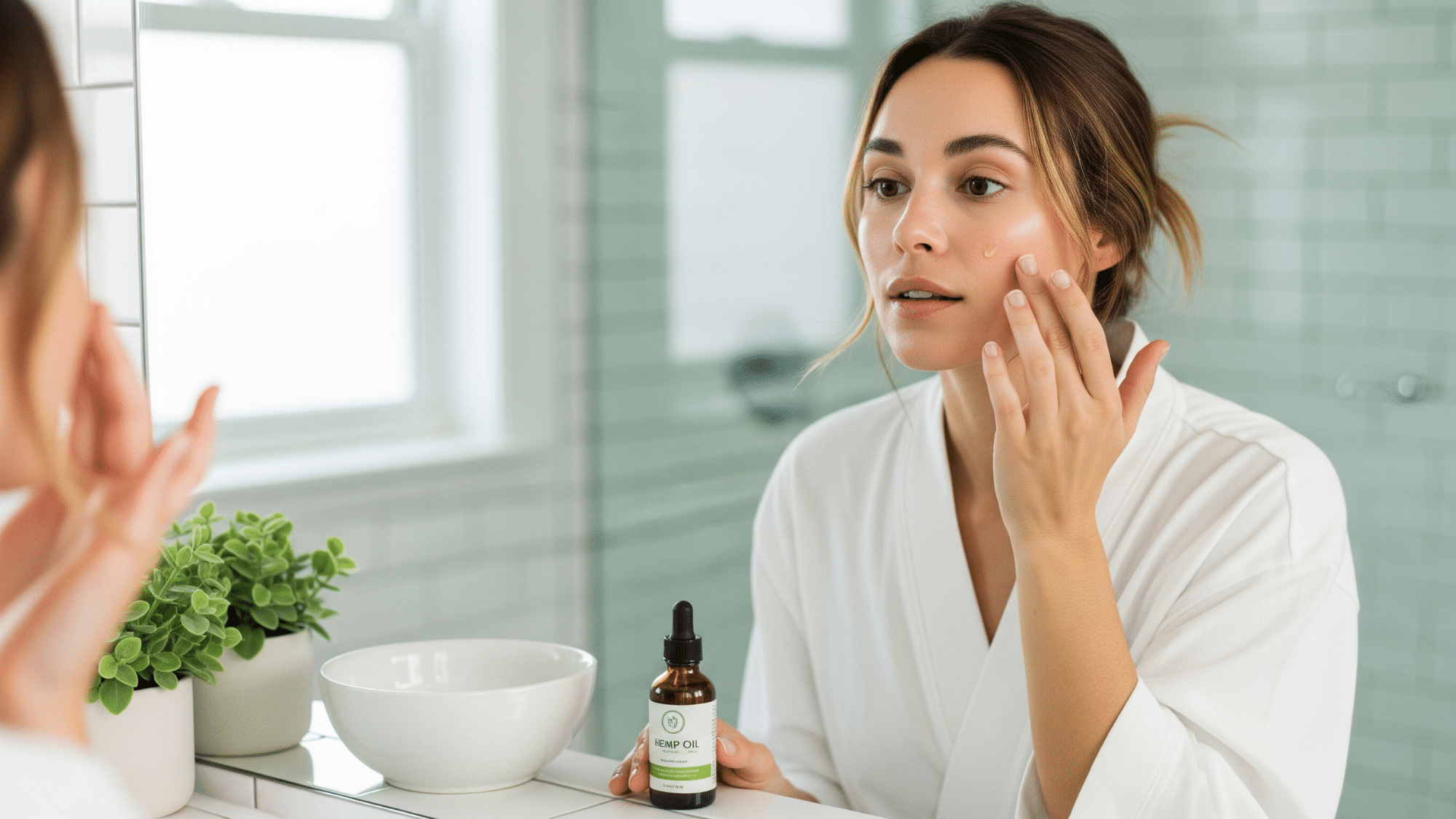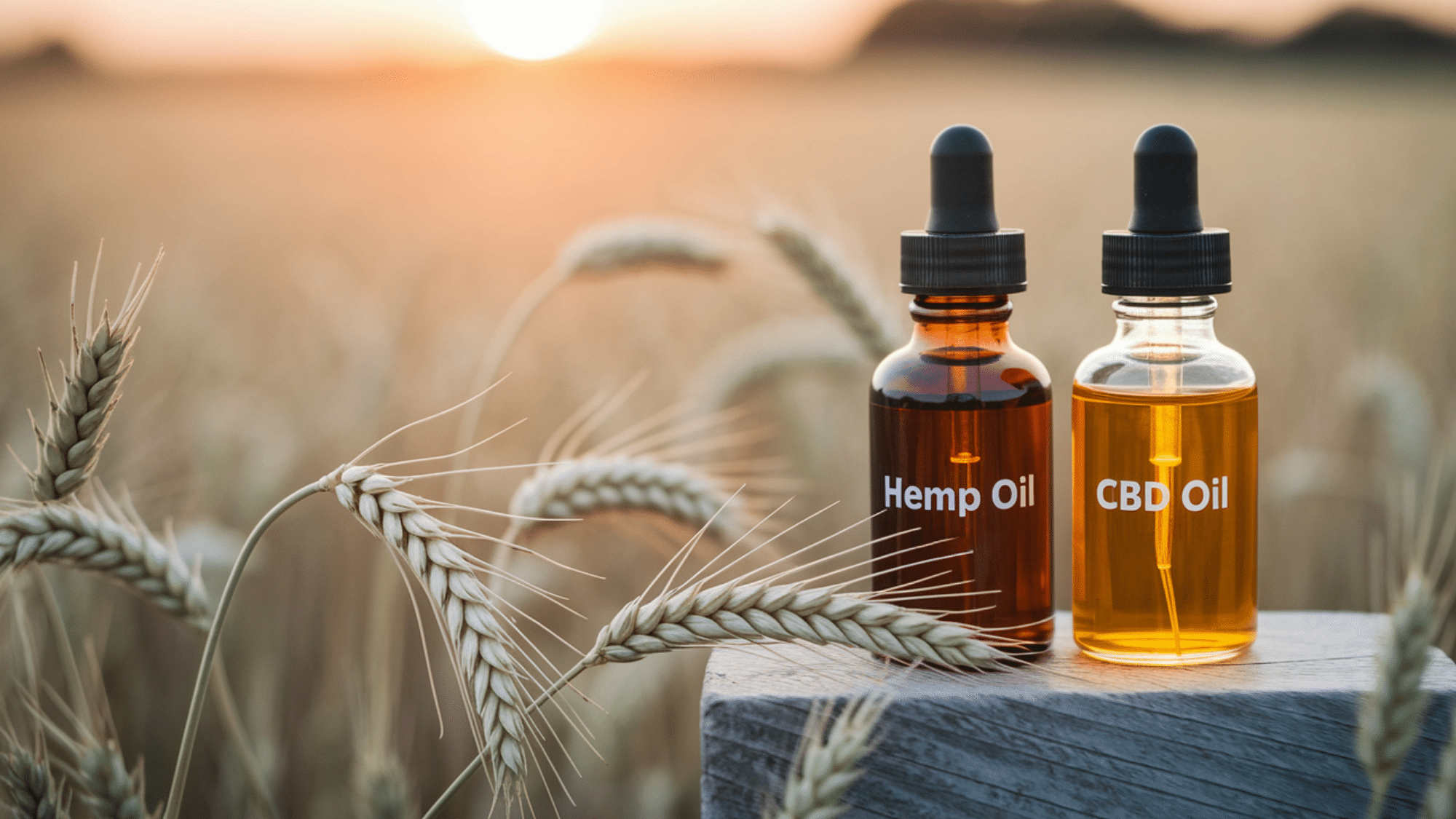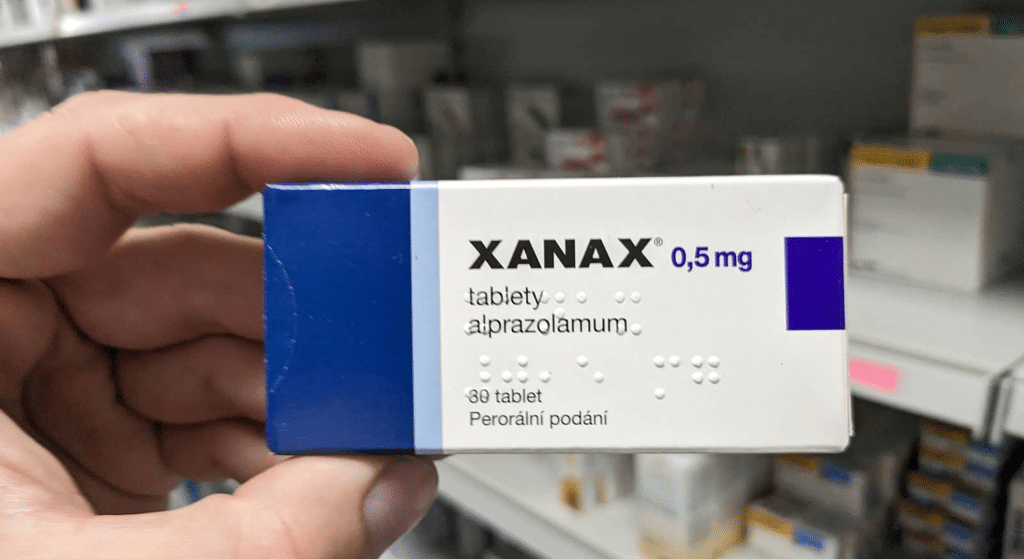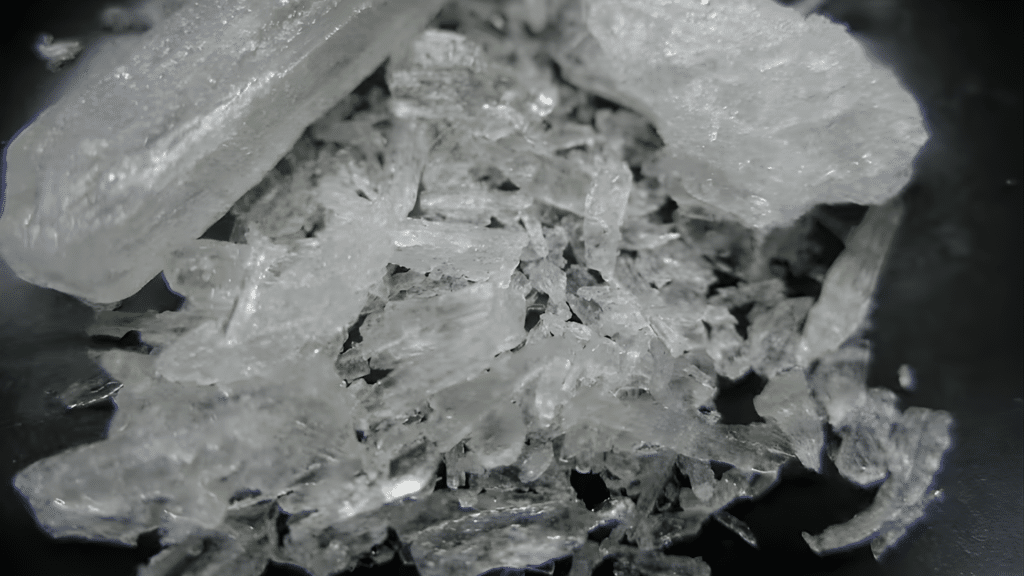I remember the first time I came across hemp oil and CBD products, I was totally confused.
The labels looked similar, the benefits sounded almost the same, and honestly, I wasn’t sure if they were just two names for the same thing. If you’ve felt that way too, you’re definitely not alone.
The truth is, while hemp oil and CBD come from the same plant, their effects, uses, and benefits can be very different.
In this blog, I’ll walk through hemp oil vs CBD in simple terms, clear up the confusion, and cover everything you need to know before choosing the right option for your lifestyle.
What is Hemp Oil?
Hemp oil, also called hemp seed oil, is exactly what it sounds like: oil extracted from the seeds of the hemp plant. Think of it like how we get sunflower oil from sunflower seeds or olive oil from olives.
The extraction process is pretty straightforward. Hemp seeds are cold-pressed to extract their oil, similar to how other cooking oils are made. What you end up with is a nutritious oil packed with good stuff your body can use.
What’s actually in hemp oil:
- Essential fatty acids (omega-3 and omega-6 in perfect ratios)
- Protein and amino acids
- Vitamins like vitamin E
- Minerals, including potassium, magnesium, and phosphorus
- Zero cannabinoids (no CBD, no THC)
Hemp oil has a light, nutty flavor and a greenish tint. Its texture is similar to other plant-based oils, not too thick, not too thin.
People love it for cooking, skincare, and as a nutritional supplement because it’s basically a superfood in oil form.
What is CBD Oil?
CBD oil is a completely different beast. While hemp oil comes from seeds, CBD oil is extracted from the flowers, leaves, and stalks of the hemp plant, the parts that actually contain cannabinoids.
CBD stands for cannabidiol, which is one of over 100 naturally occurring compounds called cannabinoids found in cannabis plants.
Don’t worry, though, the CBD oil you can buy legally comes from hemp plants that contain less than 0.3% THC, so it won’t get you high.
What’s in CBD oil:
- Cannabidiol (CBD) is the main ingredient
- Other cannabinoids like CBG, CBN (in smaller amounts)
- Terpenes (aromatic compounds that may uplift effects)
- Sometimes carrier oils like MCT oil or hemp seed oil
The extraction process is more complex than hemp oil. Manufacturers use methods like CO₂ extraction or ethanol extraction to pull the CBD and other compounds from the plant material.
The result is an oil that’s specifically designed to interact with your body’s endocannabinoid system.
Unlike marijuana-derived CBD products, hemp-derived CBD oil is legal in most places and won’t cause psychoactive effects.
Hemp Oil vs CBD Oil: Key Differences
While both come from the hemp plant, hemp oil and CBD oil serve very different purposes; here’s a quick breakdown of their key differences.
| Aspect | Hemp Oil | CBD Oil |
|---|---|---|
| Source in the Plant | Extracted from hemp seeds only | Extracted from flowers, leaves, and stalks of the plant |
| Main Components | Rich in nutritional compounds like fatty acids, vitamins, and minerals | Contains cannabinoids (mainly CBD) and terpenes |
| How They Work in the Body | Acts as a nutritional supplement, providing essential nutrients for overall health | Interacts with the endocannabinoid system, helping regulate mood, sleep, pain, and inflammation |
| Primary Effects | Provides nutritional support, moisturizes skin, and offers heart-healthy fats | May offer therapeutic benefits for stress, anxiety, pain, and sleep-related issues |
| Legal Status | Widely legal and accepted everywhere since it’s considered a food product | Generally legal in most places, but regulations vary by state and country |
Benefits & Uses of Hemp Oil

Hemp oil is like a multitasking superstar when it comes to nutrition and skincare. Here’s what it can do for you:
For Your Skin
Hemp oil is a fantastic moisturizer that won’t clog your pores. It’s rich in vitamins and fatty acids that help keep your skin soft and healthy.
Many people find it helpful for dry skin, and some even use it for conditions like eczema. The anti-inflammatory properties of the omega fatty acids can help calm irritated skin, too.
Nutritional Powerhouse
The omega-3 and omega-6 fatty acids in hemp oil are in an ideal 3:1 ratio, which is exactly what nutritionists recommend for heart health.
These healthy fats can help support cardiovascular function and may even help with cholesterol levels. Plus, you’re getting vitamin E, which is great for your immune system and skin health.
In the Kitchen
Hemp oil makes a great finishing oil for salads, smoothies, or drizzling over cooked vegetables. It has a pleasant, nutty flavor that adds something special to your meals.
Just don’t cook with it at high temperatures; heat can destroy those beneficial fatty acids. Think of it more like a gourmet finishing oil than a cooking oil.
The best part? Hemp oil is generally safe for almost everyone and rarely causes any side effects when used normally.
Benefits & Uses of CBD Oil
CBD oil is where things get interesting from a wellness perspective. While research is still ongoing, people report using CBD oil for various therapeutic purposes:
- Stress and Anxiety Relief: This is probably the most common reason people try CBD oil. Many users report feeling calmer and more relaxed after taking it. While everyone’s experience is different, some studies suggest CBD might help with anxiety-related issues.
- Pain and Inflammation Management: CBD oil is popular among people dealing with chronic pain, arthritis, or post-workout soreness. Some people use it topically on sore muscles or joints, while others take it orally for more general pain relief.
- Better Sleep: If you’re someone who tosses and turns at night, CBD oil might help. Many users report falling asleep more easily and staying asleep longer. It’s not a sedative, but it may help your body relax naturally.
- General Wellness Support: Some people take CBD oil as part of their daily wellness routine, similar to how others might take vitamins or supplements. The idea is that supporting your endocannabinoid system might help with overall balance and well-being.
- Product Variety: You’ll find CBD oil in tons of different forms: tinctures (drops under the tongue), capsules, gummies, topical creams, and even bath bombs. This variety makes it easy to find a method that works for your lifestyle and preferences.
Potential Side Effects & Safety Considerations
Both hemp oil and CBD oil are generally considered safe, but it’s important to understand how your body might react.
Hemp oil is typically gentle on most people, with the most common issue being mild digestive discomfort, such as stomach aches or loose stools, especially if taken in large amounts. Starting with small doses can help you gauge your tolerance.
CBD oil, on the other hand, may cause a few more noticeable side effects, particularly when you’re new to it or taking higher doses.
These can include drowsiness, dry mouth, changes in appetite, and, in some cases, interactions with certain medications. Since CBD can affect how your liver processes specific drugs, it’s best to consult your doctor if you’re on prescription medications.
Regardless of which oil you choose, follow general safety tips: start with small amounts, purchase from reputable brands that provide third-party lab testing, store your oils in a cool, dark place, and keep them out of reach of children and pets.
How to Choose the Right Oil for You
The choice between hemp oil and CBD oil really comes down to what you’re hoping to achieve:
Choose Hemp Oil If:
- You want nutritional benefits (healthy fats, vitamins)
- You’re looking for a natural moisturizer for your skin
- You want a healthy cooking oil with a nutty flavor
- You prefer something with zero cannabinoids
- You want the most straightforward, legal option everywhere
Choose CBD Oil If:
- You’re dealing with stress, anxiety, or sleep issues
- You have chronic pain or inflammation
- You’re interested in the therapeutic potential of cannabinoids
- You want to support your endocannabinoid system
- You’re okay with a more complex product that requires more research
Wrapping It Up
Here’s the bottom line: hemp oil and CBD oil aren’t interchangeable, despite what some marketing might suggest.
Hemp oil is your nutritional powerhouse, think healthy cooking and glowing skin. CBD oil is where you turn for wellness support like stress relief and better sleep.
My advice? Be honest about what you’re actually trying to achieve. Need better nutrition? Hemp oil’s got you. Want therapeutic benefits? CBD oil might be your answer.
Whatever you choose, stick with reputable brands that show you exactly what’s in their products.
Frequently Asked Questions
Is Hemp Oil or CBD Oil Better for Dogs?
Hemp oil can be a safe nutritional supplement for dogs, offering omega fatty acids that support skin and coat health. CBD oil is sometimes used for dogs with anxiety or joint issues, but it should only be given under veterinary guidance because dosing and product quality matter.
How Does Hemp Oil Make You Feel?
Hemp oil doesn’t affect your mood or mind because it contains no cannabinoids. Most people just notice healthier skin, improved nutrition, or subtle benefits from its fatty acids and vitamins.
Can You Cook with Hemp Oil?
Yes, but it’s best used as a finishing oil (for salads, smoothies, or drizzling) since high heat destroys its beneficial fatty acids. Avoid frying with it.









